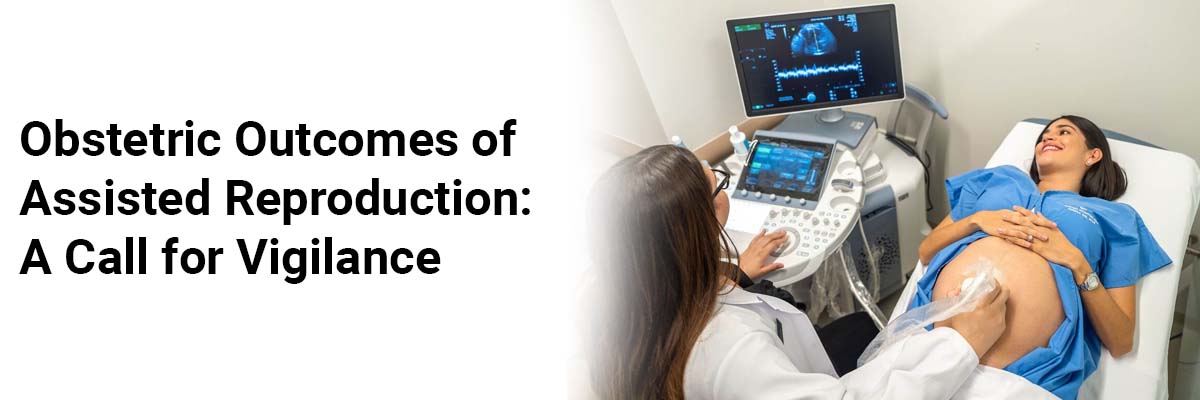
Obstetric Outcomes of Assisted Reproduction: A Call for Vigilance
There has been evidence of an
increased risk of obstetric outcomes and complications in pregnancies conceived
by in-vitro fertilization (IVF) in comparison to spontaneous conceptions. A
recent study investigating the obstetric outcomes of pregnancies conceived via
IVF has shown a discrepancy in birth weights between IVF-conceived infants and
those conceived spontaneously. The mean birth weight of infants born through
IVF was less than their naturally conceived counterparts. Even more concerning
is the prevalence of gestational hypertension and gestational diabetes mellitus
among IVF pregnancies. This heightened incidence underscores the need for
vigilant monitoring throughout the gestational period. Further analysis showed
that a majority of women undergoing IVF cited tubal factor infertility as the
root cause.
It is important to
understand that the post-conception period is complex, demanding careful
monitoring and proactive management to mitigate risks and ensure favorable
outcomes. Preterm deliveries and low birth weights are often associated with
IVF pregnancies, necessitating heightened vigilance and specialized care.
Therefore, the clinical trajectory
of IVF pregnancies must be closely monitored from conception to delivery.
Comprehensive follow-up and monitoring protocols are crucial in evaluating the
live birth rate and addressing the challenges associated with these
pregnancies.
Hajela S, Kumar Y, Hajela R. Obstetric Outcomes Of Clinical
Pregnancies Among Women Who Underwent Assisted Reproduction: A Retrospective
Study. Indian Obstetrics and Gynecology. 2023;13(3)














Please login to comment on this article